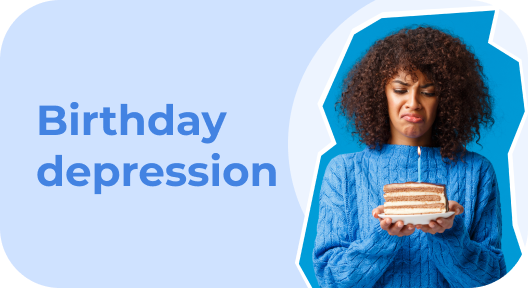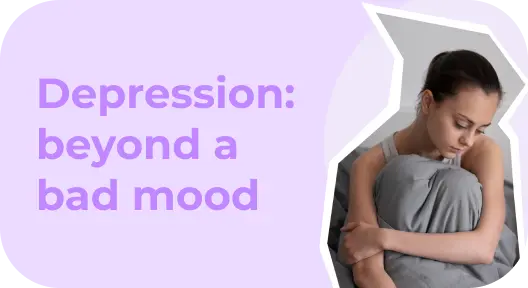despair,hollow,suffering,sinking into a dark deep hole
I feel so hopeless no matter how much i try to make friends,there aren't just any single genuine one,i even went back to some fake friends I had back then and they they rejected me,i tried my best....





